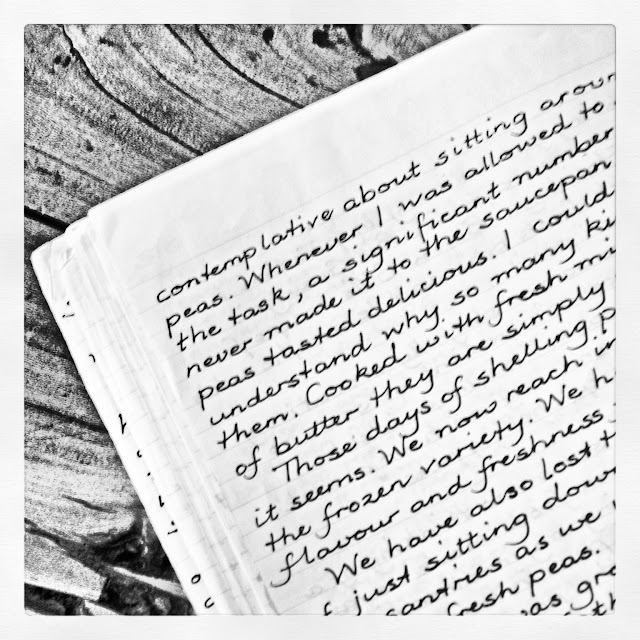Rereading- Finding Treasure In Old Words
New Ideas From Older Words
I frequently find myself discussing the importance of rereading to writers, -all writers, experienced or less experienced. Young writers need to be encouraged to develop the habit of rereading older notebook entries in order to discover new ideas. It is an opportunity to rediscover old treasure as well as new possibilities hidden among those older words.
Nancie Atwell in ‘Lessons That Change Writers’ offers messages about writing laden with timeless value.
She writes, ‘Writing is as much an act of reading over what we have written as it is drafting new writing.’
These words set me to thinking. A lot of student writers are not consciously skilled in the act of rereading. For this reason it needs to be drawn to their attention. We need to show them how and why rereading is an important skill to add to their writing armoury. They need to see it explicitly modeled and valued by a proficient writer. This way they are more likely to adopt this valuable practice.
A lack of consistent and conscious rereading is frequently the thing preventing the work of young writers rising above the ordinary. Learning the habit of rereading and applying it in a conscious way could make the world of difference to the quality of the writing they produced for their reading audience.
Rereading Notebook Entries
We need to model the way we reread our own notebook entries and alert students to the possibilities that this rereading quite literally throws up. –All those long lost entries that bubble back to the conscious level of our thinking. This is rereading to ‘excavate’ lost gems and potential new writing ideas.
Rereading As We Write
The other type of rereading is the reading undertaken as we write. This rereading is equally important as it keeps the writing on track and headed in the right direction.
Rereading has many benefits. It allows the writer to pick up many things including:
- Unintended repetitions
- Contradictions
- Weak, junky verbs
- Word omitted, or words in the wrong place
- Anything overlooked
- The voice of the writer
- The point of view of the writer
- The tone of the writing
- Grammatical omissions
- Spelling errors
Let’s Hear It For Rereading
Rereading aloud is equally important as reading ‘in your head.’ It allows the writer to hear the text as a reader would hear it and serves to highlight ‘the lumps and bumps’ in the text. These inhibitors may be impeding the flow of words. I often tell students to imagine they are hearing the text for the very first time. ‘Can you hear your voice?’ ‘Do your words flow easily from your tongue as you read?’
Rereading is a boon to any writer. It is part of learning to read like a writer. Developing writers need to be aware of its benefits and learn from the example set by their teachers and mentors. We must show them we value this strategy as another source of ideas as well as being accountable as a writer. If you’re still not convinced, might I respectfully suggest rereading this article.







Comments
Post a Comment